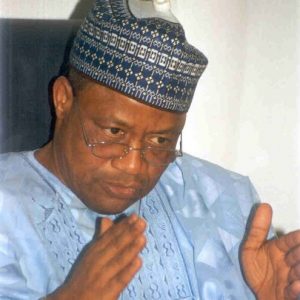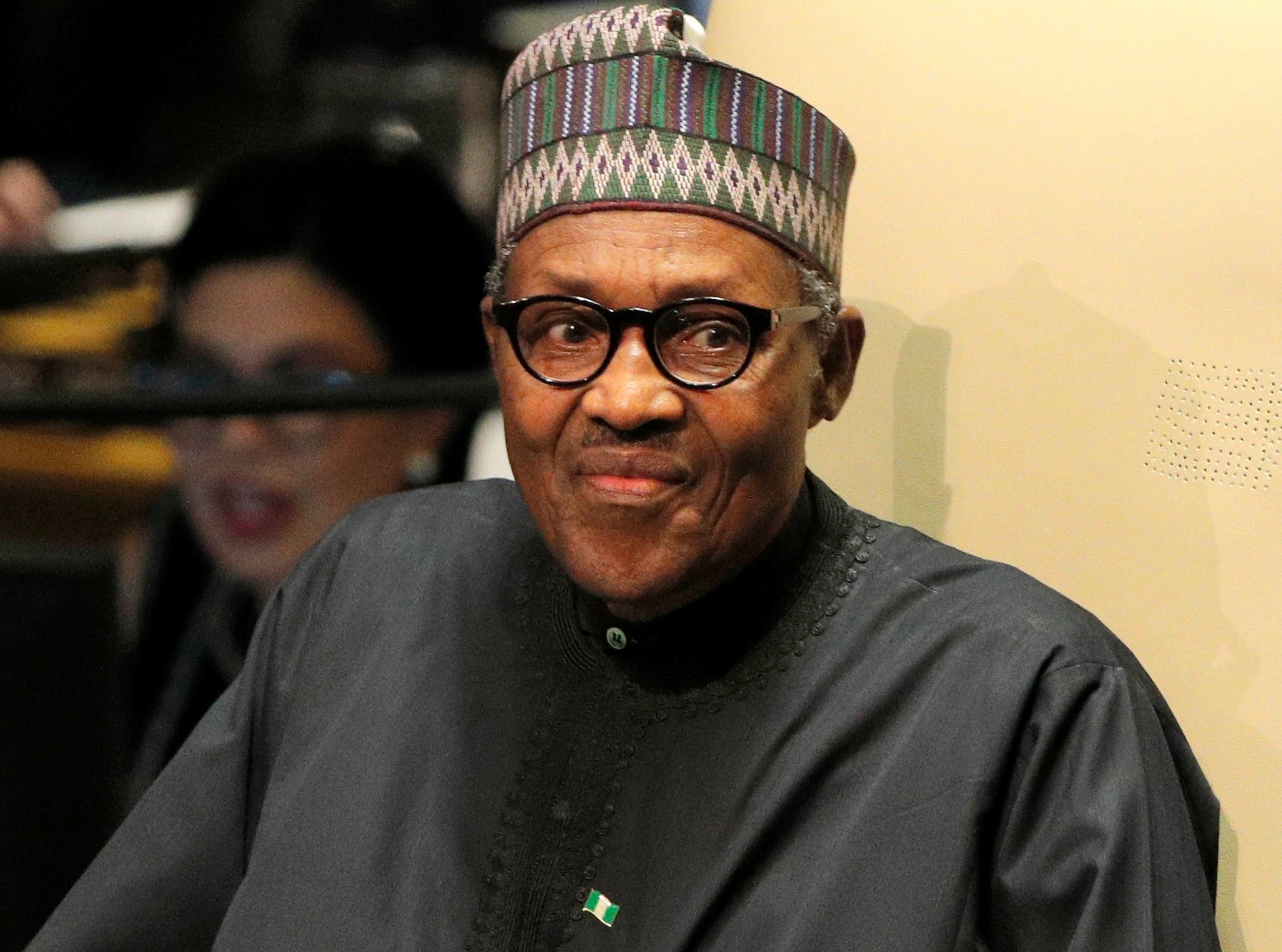The gatekeepers in the Muhammadu Buhari Presidency would not let it pass that President Buhari’s eight years in power has not been momentous. There is nothing new in that because they have always said Buhari was on a mission to make history. They probably thought and perhaps still think that history is made once and for all. Unfortunately, history and history making is a never ending process. Hagiography doesn’t history make. What is history or a historical moment is always determined hegemonically but because hegemony cannot be consolidated, the meaning changes each time there is a new hegemon. So, talking about history making smacks of a limited sense of history and historiography. Nevertheless, it is important to join the gate keepers in analysing the eight years he would have completed next May.
Taking a rather intertextual lens on the scoring, Intervention begins from the beginning: the intra-junta discursive scuffles that laid the foundation for the experience underpinning Buhari’s desire for a second coming which is the subject matter of contending assessments now. Subsequent assessment by friends and ‘enemies’ of the regime will follow towards a hopefully more balanced scoring. Readers are enjoined not to conclude yet or to elevate the discussion beyond good and bad, north-south or Christian – Muslim and such other binarisms:

‘Meaning lies in what is unsaid’
“Regrettably, it turned out that Major-General Muhammadu Buhari was too rigid and uncompromising in his attitudes to issues of national significance. Efforts to make him understand that a diverse polity like Nigeria required recognition and appreciation of differences in both cultural and individual perceptions, only served to aggravate these attitudes.
Major-General Tunde Idiagbon was similarly inclined in that respect. As Chief of Staff, Supreme Headquarters, he failed to exhibit the appropriate disposition demanded by his position. He arrogated to himself absolute knowledge of problems and solutions, and acted in accordance with what was convenient to him, using the machinery of government as his tool.
A combination of these characteristics in the two most important persons holding the nation’s vital offices became impossible to content with. The situation was made worse by a number of other government functionaries and organisations, chief among which is the Nigerian Security Organisation (NSO). In fact, this body will be overhauled and re-organized”
- Gen IBB in the August 1985 inaugural coup speech





























1 Comments
Akinkuolie
This article is an assessment of the first regime of President Buhari from 1984-1985 which turned the lives of Nigerians upside down from an almost almost idyllic state.
What was life like in terms of cost of living, exchange rate, security before the regime of PMB? 650 naira exchanged for 1000 usd ( 65 kobo for 1 usd). A brand new Toyota Corolla , panel van was sold for 3500 naira ( Three thousand five hundred naira) a Peugeot 504 car was sold for 4,800 naira. a bag of 50 kg elephant port land cement sold for 5 naira. Nigeria Airways had 32 aircrafts, flight to UK return ticket was 350 naira, visa was issued at destination. Jakande low cost houses sold for 6,000-20,000 naira for a 3 bedroom flat, a 50 kg rice was sold for 15 naira from Nigeria National Supply Company. Compare all of these with Nigeria of today
So, what went wrong? It will be too simple to place the blame on PMB, IBB, the military etc
The fundamental problem of Nigeria is the UNITARY SYSTEM. Nigeria is a country of nations and not one nation, which cannot be ruled by a strong centralized government. Nigeria is at the tipping point, and if the government is not decentralized now, the incoming government, if any , will not be able to hold the country together. And it is the responsibility of this administration to save the country by creating STATE POLICE to contain the serious state of insecurity and handover other areas of governance to the federated states, except for foreign affairs, immigration, currency control, the ports, army.
Sudan broke up because the two nations, North and South could not resolve their differences amicably by operating as two nations in one country. Nigeria must learn from this experience.